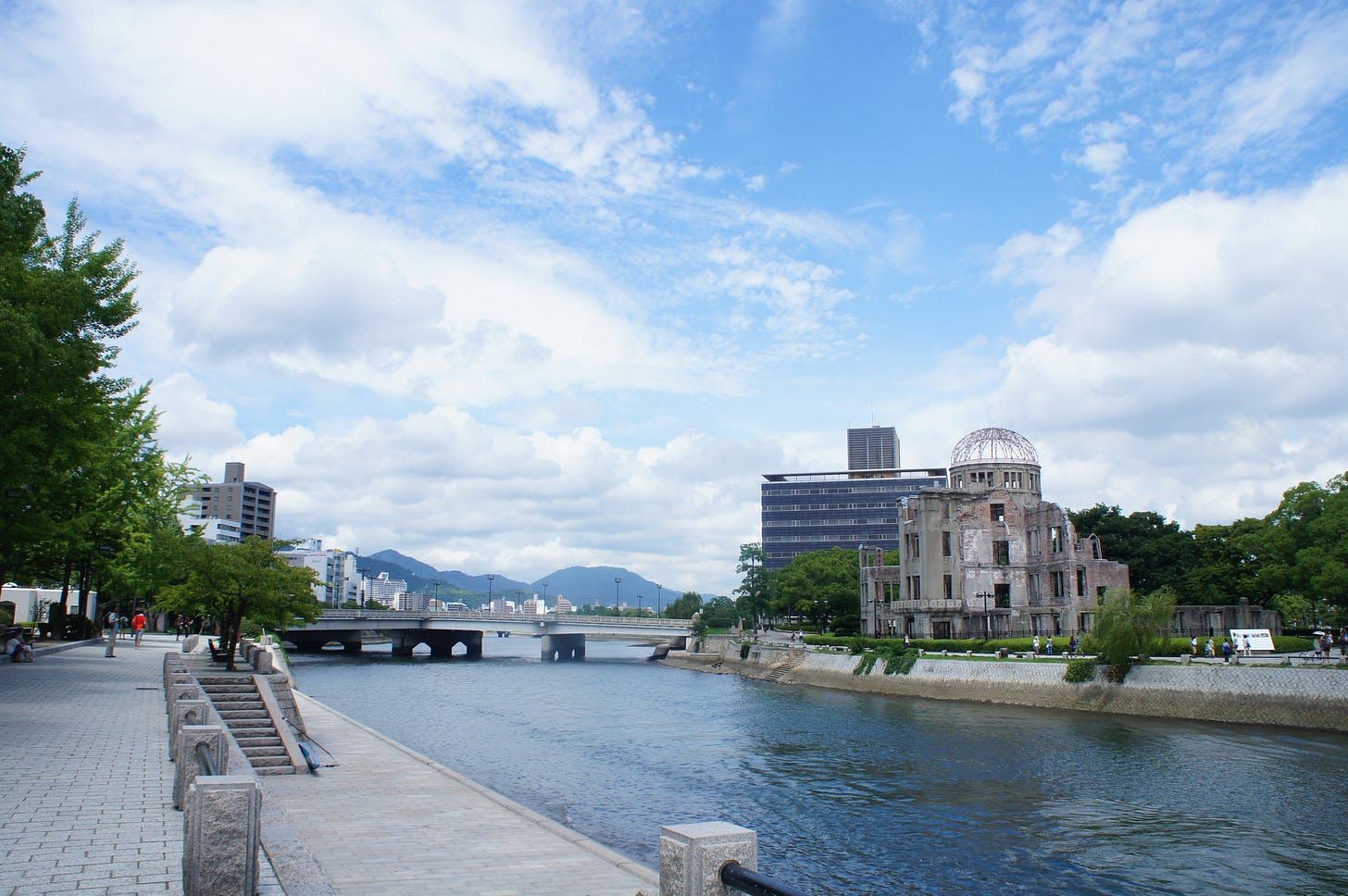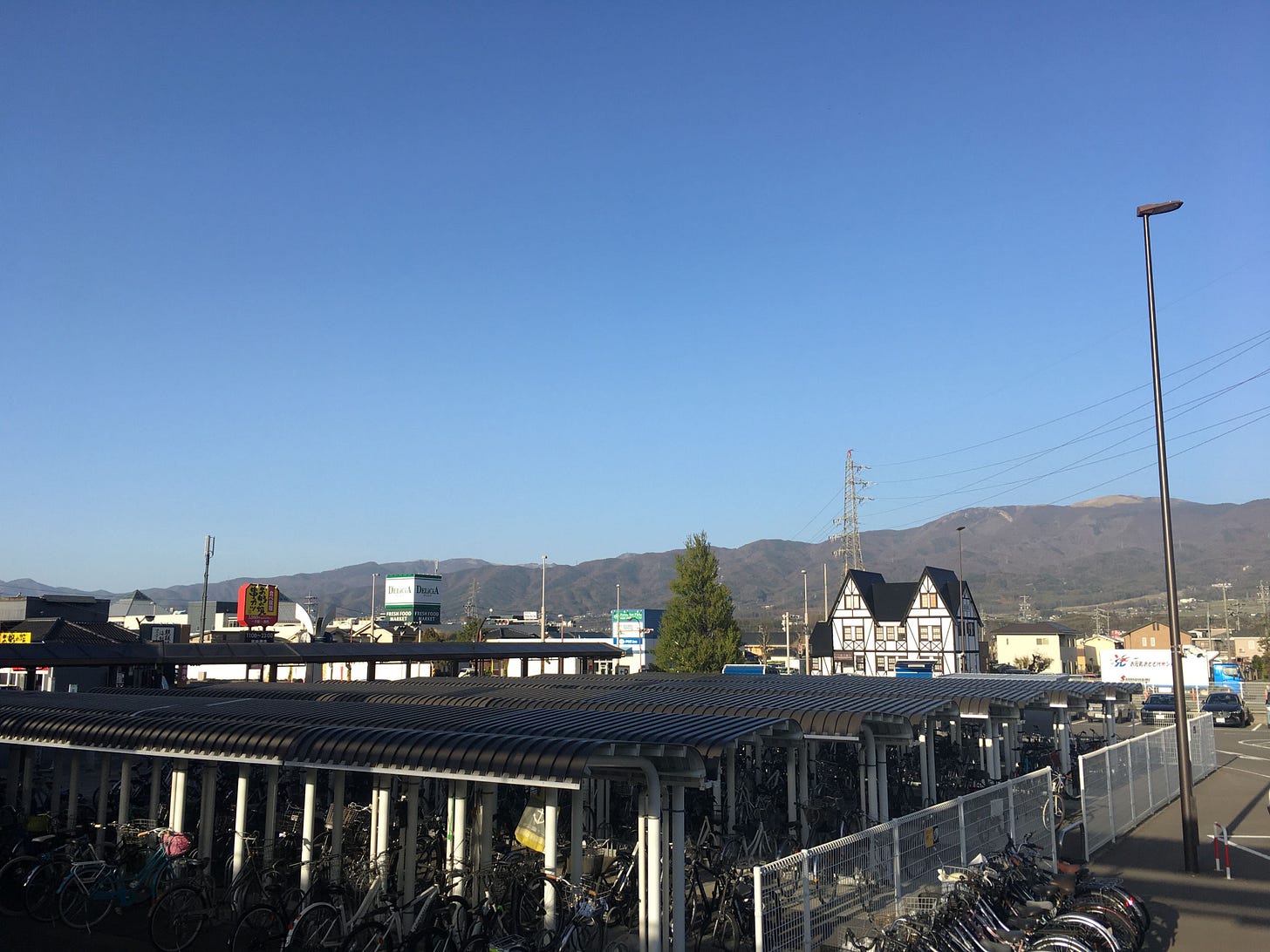#23 Why do more Japanese companies have to aim for overseas market? -Part 2-
Focus on great leaders as our greatest asset
Concentrate our support, resources, and cooperation on specific great leaders
As I shared before on “#1 Why do more Japanese companies have to aim for overseas markets?” -Part1- below, there are surely so many reasons why they need that.
There are no questions that Japan has to move away from the era of population growth model and aim for productivity improvement, high added value, and higher and more new income resources.
In that era, Japanese companies can try to export more their technology, resources etc, and I still feel that their services and other products are also required to be exported more and more.
It must be not because their business partners are expanding overseas, not because the people around them are doing it, not because it seems that they can export somehow, not because the country supports and subsidize it etc, but more voluntarily with an aggressive and proactive thinking way and actual attitude.
Many Japanese companies have been attracted to their huge domestic demand for so long, but the one-legged method has become a complete anachronism since long time ago.
Japan seems to be a large exporter, but it is actually a small exporter in terms of their GDP and per capita, not the total amount. The export potential of the Japanese economy has not been fully realized. This can be felt even more at the field level if you go to rural areas instead of the metropolitan areas of Japan.
But, so can any company export or do overseas business?
As I mentioned before, of course, it's not such a sweet world.
The export business and overseas business are not just business models such as exporting and selling products manufactured in Japan. It is necessary to strategically consider and act on various methods on a case-by-case basis in consideration of business feasibility and sustainability.
Many Japanese companies have been attracted to their huge domestic demand for so long, but the one-legged method has become a complete anachronism since long time ago
I actually pointed out some important points then, and addressed that we might be more needed to discover specific Japanese companies and managers (top management) who can understand the trends of the times, this part "Why more Japanese companies should aim for overseas markets", logically firmly grasp the essence with a motivated heart and a calm mind, and humbly and honestly work on each action in fair cooperation with external organizations and professional people. And, we should more concentrate our support and cooperation to them.
I would like to give some interesting examples.
Sri Lanka, also called the “The Pearl of the Indian Ocean”, is currently facing a serious economic crisis.
There is no need to blame anyone else for the economic crisis, and it can be said that it was the result of the negligence and mistakes of the leaders who hold important positions in the economy and financial industry in Sri Lanka.
Even among Japanese companies that have already entered the market, it seems that some of them are preparing to move out the country due to the difficult crisis and environment there.
Meanwhile, Noritake Co., Ltd., which produces and sells high-end tableware, is interesting, and I am fascinated by the competence of their management.
As a matter of course, the local currency have been depreciating, and the price of imported raw materials become higher than normally expected.
In addition, due to the corona shock after 2020, domestic tourism demand has decreased sharply, and production in an environment where people cannot work has stopped.
Even so, they protected the employment of local 1,000 people and quickly responded to the resurgence of demand after COVID-19.
It is said that they are producing 400,000 items such as plates and cups at the end, restored the global supply system to 40 countries and regions, and do not think about downsizing the business at all.
They expanded and established their business in Sri Lanka in 1973.
At first, they chose Sri Lanka because of factors such as cheap labor, the environment where necessary raw materials can be obtained locally, the high literacy rate, and the local government's eagerness to develop export industries.
On the other hand, they were forced to suspend operations many times due to the first oil crisis that occurred immediately after their business and corporate establishment there. In addition, the demand for high-end tableware turned to shrink as more and more people eat out and eat individually around the world.
The company reduced its eight factories in Japan to two, closed factories in Iran, Philippines, and Ireland, and concentrated production in Sri Lanka, not only because of the Port of Colombo, which is a key transportation hub.
They understand that quality is the lifeblood of high-end tableware, and their human resources are the greatest asset. By thoroughly investing in education and the HR’s growing environment, they have raised the level of competence of local employees. In this way, they have gained a great deal of respect from the local people, leading to sustainable and stable business activities there.
If certain company entered the market just because labor costs were cheap, complained only about risks, and only looked at economic rationality, they would not have achieved the same level of success as the company, Noritake Co did.
We must think about what we can do to make these type of companies more active and successful and/or to create new businesses in such emerging markets, and we should be more required to implement that closely for and with them.
quality is the lifeblood of high-end tableware, and their human resources are the greatest asset
New business development within emerging markets are long committed journey
As I shared before on “#4 Why is another economic agent more needed now and in the future for nations and regions around the world?” below, such catalyst leader like the another economic agent must be more increased to support, assist, and lead the new business development of various corporate within emerging markets worldwide.
As the co-creation models, we can try to fill a lot of gaps and challenges facing to the corporate from largest big corporate to small-middle sized ones who are lack of internal resources and capabilities to newly create something new on their currently having long established businesses.
Like as one example between us and small sized company in western part of Japan, they are financially really positive and good conditions and their top management has really nice capability and potential to start creating something new businesses, but they have been stuck to make that happen almost for 5 years due to their lack of internal resources and human’s capabilities.
But once they started working with us in last day, they were just super surprised that their having challenges and internal issues for that new business development became really clear, we could start setting the master plan and strategy and implement each execution well, proceeding the steps very nicely.
That is the exact time when they feel the value of co-creation, and importance of the mindset and mentality, “If you want to go fast, go alone. BUT if you want to go far, go together”.
As always, please feel free to show your reactions by like and leave your feedback, opinion, thoughts, and ideas in this comment space, and also share it in your SNS spaces or to somebody who may have interest to this topic and this newsletter.
For the readers who are not subscribing this yet, once you can subscribe this with your email address, you can receive, read, and follow all the posts and archive now as free and can communicate here in this like minded people’s community space with your engagement.
You can also follow our latest updates which is planning to create more interactive community here(ex. group chat, exchange letter, discussion thread, interview, guest post, cross-post, collaborated contents, etc) in the writer and readers/subscribers only closed community.
Thank you always for your support ! 🙏
Some housekeeping…
If you can’t find the newsletter, check your spam folder. And please mark this address as ‘not spam.’ If the newsletter isn’t in your spam folder, either, you should look in the Promotions tab.
Save essenceglobalbusinesses@substack.com to your email contacts or download the Substack app below so you never miss a new post.






